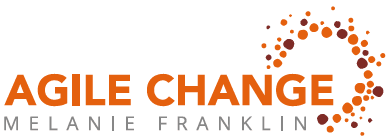In my previous blog, I talked about the importance of emotional intelligence and its importance in effective leadership.
In my previous blog, I talked about the importance of emotional intelligence and its importance in effective leadership. This led me to thinking about skill set and AI and to review the skills we need in a culture where humans work alongside intelligent machines.
My starting point for any skills assessment is the list of skills needed at work, identified by the World Economic Forum at the start of the decade. Will skills for 2030 change as a result of the AI revolution?
This is their list of skills:
These skills are wide-ranging categories of abilities. To be able to better understand the impact of AI, I think we need to step back and take a view about the role of humans in a workplace using AI. I know many people who are pessimistic about the impact of AI, but I take a more optimistic view, that AI is something we can control and decide how to use.
To do this, we need to think, we need to imagine potential futures, we need to be flexible and versatile enough to challenge our assumptions and re-imagine what is possible. If we can do this, we can direct artificial intelligence, using the answers it can generate to create meaningful, positive interventions.
A lot of the skills listed above require a willingness to be curious. Ideation; complex problem-solving; critical thinking; creativity; originality; active learning all require us to be eager to know more, to ask questions, to learn and think for ourselves.
My own limited use of AI tools to date has taught me one important lesson – to get the most out of what is available, I need to know what questions to ask. AI can generate lots of answers, but first I need to tell it what I want to know. To work out what I want to know, I need to work out what I will do with the information once I have it, as this creates a clear scope for my enquiry.
When I have played with various tools, general questions give me general answers, taking valuable time to read but not offering much insight. When I hone my questions, because I am clear about what I am trying to achieve, the results are more relevant, more useful and more specific to the task.
Creating a culture that encourages and rewards curiosity maybe the biggest challenge created by AI.
If you want to learn more about creating curiosity, join the next neuroscience for change course, as this is one of the modules, with practical techniques that are easy to use.
